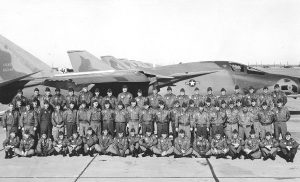Module 13: Group Processes & Teams

Description: This module examines how groups form, develop, and function in organizational settings. Students will explore team composition, group decision-making, conflict resolution, and factors that influence team effectiveness. The module covers both traditional work groups and newer forms like virtual teams and cross-functional project teams.
Why this Module is Important: Most therapeutic and counseling work is accomplished through teams, making group dynamics knowledge essential for professional success in mental health settings. Future counselors will work in treatment teams, participate in case conferences, facilitate therapy groups, and potentially lead support groups – all situations where understanding team processes directly impacts effectiveness.
This module teaches you how to build effective teams, facilitate productive group discussions, and address common team challenges that arise in clinical settings. Whether you’re working with a multidisciplinary treatment team in a hospital, collaborating with colleagues in a community mental health center, or co-facilitating therapy groups, understanding group behavior helps you contribute to better collective outcomes and avoid common pitfalls.
Additionally, many clients struggle with workplace team issues, social anxiety in group settings, or family dynamics that mirror dysfunctional team patterns. Understanding group processes makes you more effective at helping clients navigate these challenges and potentially facilitating family therapy or group interventions. Alumni consistently report that group dynamics knowledge was among the most practically useful skills from their psychology education.
Module Learning Objectives: By the end of this module students will be able to…
- MLO1: Distinguish group dynamics, team development stages, decision-making processes, and team cohesion principles in organizational settings. (ULO3, CLO1, APA1)
- MLO2: Analyze when team cohesion benefits versus harms performance, evaluate effective group decision-making steps, and design team problem-solving approaches for organizational challenges. (ULO3, CLO1, CLO2, APA1, APA2)
- MLO3: Design team-based interventions to address workplace problems like absenteeism using group dynamics principles and professional planning skills. (ULO3, CLO3, CLO4, APA4, APA5)

Media Attributions
- 9th Bombardment Squadron © US Air Force is licensed under a CC0 (Creative Commons Zero) license
- Sled Team © Violetta is licensed under a Public Domain license
